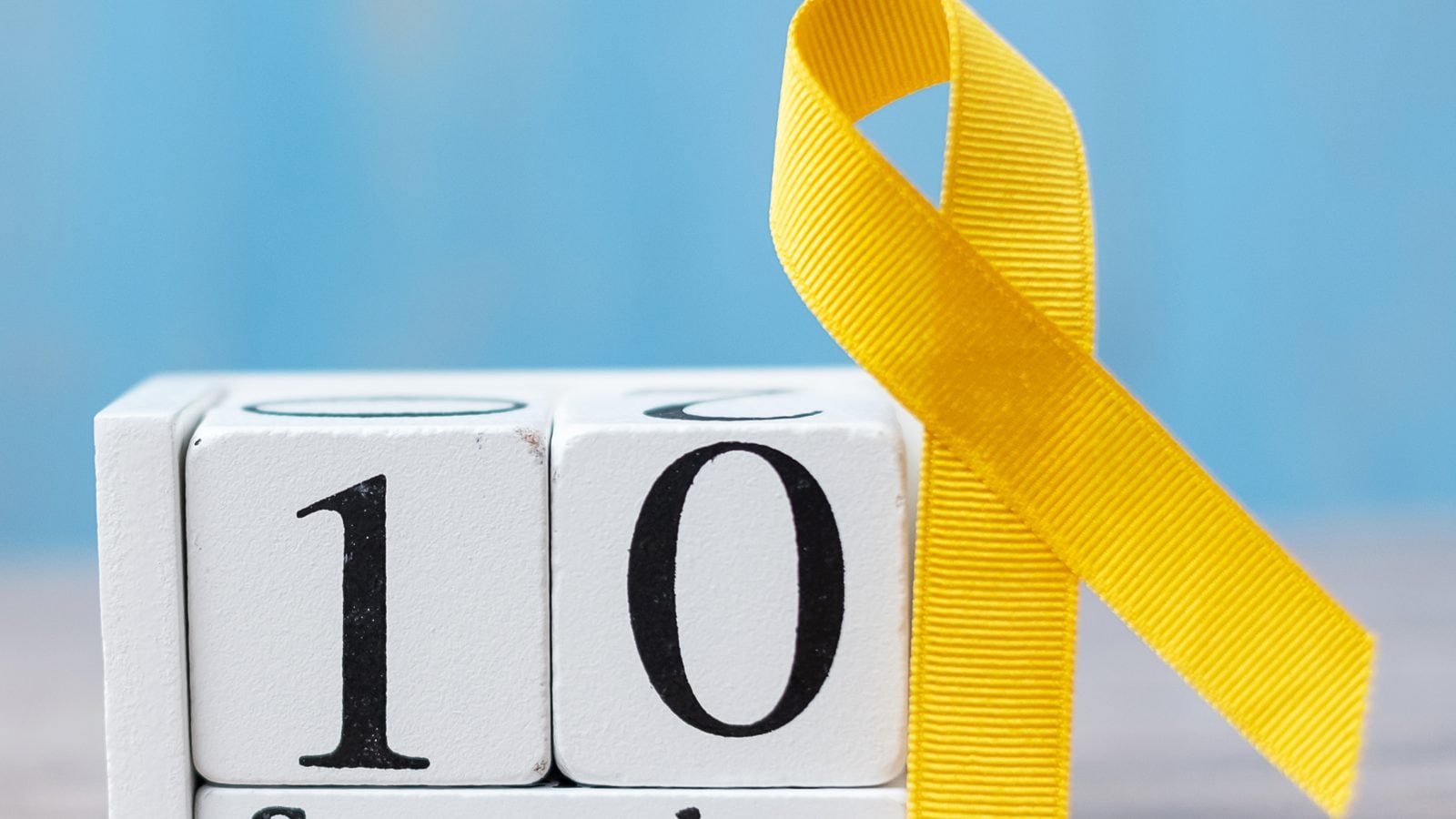Losing a friend to suicide can put you in a very dark corner, you begin to question yourself if you would have done more or prevented it from happening in the first place.
10th September each year is World Suicide Prevention Day; a day set aside to raise awareness on suicide, its causes and how we can altogether be involved in helping curb on the fast-growing cases of this silent killer.
Globally, suicide is placed at position 10among the leading cause of death worldwide. Statistics go ahead to indicate that close to 800,000 people take their own lives every year; with Depression being cited as the major condition for suicide to occur.

Suicide rates are high among young people cuz at this age, they are facing mounts of pressure to succeed in life and fit into society; struggle with self-esteem, self-doubt and feelings of alienation. With the Covid 19 in our life today, the new reality is marked by stress, isolation and uncertainty which makes every day challenging for so many.
We tend to offer a listening ear to those battling depression or anxiety disorders and even take care of them, but when someone is suicidal, most of us shy away, we think they are lying or seeking attention and when they finally do it, we all come out saying we knew and wish we could have done more.
Losing a friend to suicide can put you in a very dark corner, you begin to question yourself if you would have done more or prevented it from happening in the first place.
Related: What about the Boy child? Male depression and the cycle of Toxic Masculinity
Suicide prevention starts with recognizing the warning signs and taking them seriously:
Effective suicide prevention requires good studies on the use of suicide methods. Therefore preventing suicide by restricting access to suicide methods is one of the few based suicide prevention strategies.
- Talking to someone suicidal and telling them life is precious is also an effective suicide prevention method. One doesn’t need to be a trained professional health worker to offer help. People think that mental health professionals should be responsible for preventing suicides. The majority of mental health professionals have not received sufficient training in dealing with suicidal people but we all have a role to play.
- Ask them how they are feeling, what makes them think about suicide and be non-judgmental in doing so. People that contemplate to commit suicide have had suicidal thoughts about it and figures suggest that that those that have committed suicide have tried before. Try finding out if the person has tried to commit suicide before or if they have a plan in place.
- We should look at suicide as a cry for help. Suicide seems like a viable option to escape a situation they can’t handle or deal with. We should also work towards a way to take away the stigma that surrounds depression and other mental health illnesses.
We need to take suicide seriously and not be treated as a shock when it occurs. We have to offer help and support to friends and family. If necessary get a counselor and follow up on the suicide treatment given to the person.
By accessing and sharing the essential information that is readily available on suicide, we can all do our part to help people get what they need when they need it. We can end the stigma and help save lives that are being lost to suicide.
One of the greatest authors of all time and my favorite Ernest Hemimgway battled with depression and anxiety and ended up taking his own life. In his position you’d think he had the means and the people that would have saved him life at the time but that didn’t happen.
“The real reason for not committing suicide is because you always know how swell life gets again after hell is over.”- Ernest Hemimgway
Most of us watch Hollywood movies or listen to American music. The movie All the Bright Places, the actor suffers from depression and experiences constant thoughts of suicide and ends up committing suicide at the end; it could help someone know something about the warning signs of suicide.
A song by Logic featuring Khalid and Alessia Cara named “1-800-273-8255” that’s the National Suicide Prevention Helpline of the USA. I believe we need a national helpline to help with suicide just as is the case with GBV. Fortunate enough, there are a few NGOs offering free therapy and counselling such as Mental Health Uganda (MHU), Kyogereko (Speak Up). The toll free prevention helpline of MHU being 0800212121. There’s also All 4 Mental Health who are accessible on 0783044270/ 0706430021 or their blog.
For professional help or counselling, here’s a list of a few therapists who one can talk to in case they need to confide in a stranger.
Article Guest Written by Okirya Perfit Busingye; a student of Law and a mental health advocate. Connect with him on Twitter.